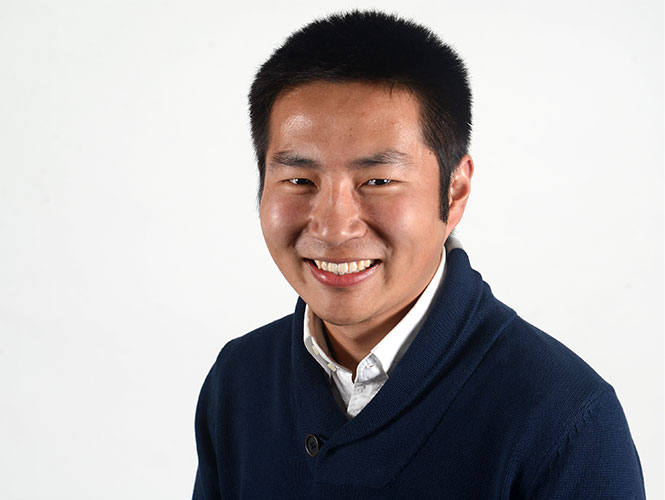Opinion: The end of one-child policy
One month ago, the Chinese government eased its one-child policy, which has been implemented for about 30 years. This new policy affects younger couples coming from one-child families — as long as one person is from a one-child family, the couple can have one more child. In general, this policy affects people born in the 1980s and 1990s.
China had a population of 667.1 million in 1960, but the population soared to 981.2 million in 1980, according to World Population Statistics. China’s then-president Mao Zedong had a popular saying: “The more people, the more powerful,” which encouraged Chinese people to give birth to as many children as possible in order to make the country more powerful through numbers. During this time, women could earn the title “Honored Mother” from the government if they gave birth to more than 10 children.
The reason Chinese government encouraged couples to have more children was to strengthen China’s workforce and military forces. The international background suggests China lacked the money and technology to compete with nations such as the Soviet Union and America and subsequently used the increasing population to its advantage. This went on until the death of Mao Zedong, when the Chinese government reviewed its population policy and found the population would become problematic if the policy was not restricted. As a result, the Chinese government implemented the one-child policy in 1977.
China eased its one-child policy for both human rights and economic reasons. “China’s population is aging. By 2050, more than a quarter of the population will be more than 65 years old and younger generations face an unprecedented burden of care,”according to BBC News. Easing the one-child policy will benefit the country economically because it will allow China to enlarge its capital market and consumer demand. China has more than 1.3 billion people, but if the government continued to implement the one-child policy, China’s workforce would suffer in the long run. In some cases, “the more people, the more powerful” is not a bad concept. Moreover, these changes to the one-child policy will increase tax revenue in the future.
This is an advantage for China compared with America. America has a population of 318 million, according to the United States Census Bureau. The potential domestic demand of America is not as energetic as China’s as time goes by, especially when China’s government reforms its economic structure.
It is true the ending of one-child policy is beneficial for China’s future. However, that does not mean the U.S. will really lose its population advantage because Americans’ average education level is far higher than average Chinese people. However, it is an alert for Americans that if the U.S. loses its educational advantage, America will lose its population advantage.



